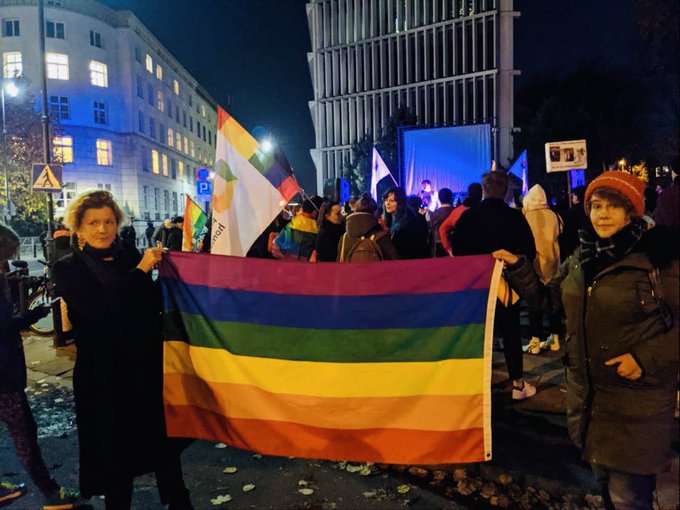The latest survey by the EU Agency for Fundamental Rights (FRA) reveals that while more LGBTIQ people in Europe are open about their sexual orientation, gender identity, and expression, they are also facing increased violence, harassment, and bullying. The survey, which gathered responses from over 100,000 LGBTIQ individuals across Europe, shows that discrimination against LGBTIQ people is gradually declining but remains high.
Key findings of the survey include:
– More than half of the respondents are open about their sexual orientation, gender identity, and expression, but many still avoid public displays of affection for fear of violence.
– Over one-third of the respondents face discrimination in their daily lives, with a slight decrease from the previous survey in 2019.
– More than one in ten experienced violence in the five years before the survey, with a higher proportion among intersex individuals.
– More than half of the respondents were victims of hate-motivated harassment, a significant increase from 2019.
– More than two-thirds reported being bullied at school, a steep increase compared to 2019.
“Being openly LGBTIQ in Europe should not be a struggle. Even though we see signs of progress, bullying, harassment, and violence remain constant threats. It is time to act decisively and build on the progress we have made, so everyone in the EU is treated equally and can live with dignity and respect,” stated FRA Director Sirpa Rautio.
The survey also highlights the challenges faced by specific groups within the LGBTIQ community. For instance, intersex, trans, non-binary, and gender-diverse individuals are more likely to face harassment and violence, as well as mental health issues and homelessness.
The report calls on governments to take action to combat prejudice and intolerance against LGBTIQ people, including enforcing zero tolerance towards violence and harassment, tackling discrimination in all areas, addressing online hatred, making schools safe and supportive for all children, and ensuring access to quality healthcare.
The survey is based on responses from over 100,000 individuals across all 27 EU countries, Albania, the Republic of North Macedonia, and Serbia. The lowest-performing EU countries were Bulgaria (18%) and Latvia (17%), with the highest rates reported among intersex and trans people. Approximately 36% of EU respondents reported experiencing discrimination in at least one area of their lives in the year before the latest survey due to being LGBTIQ, down from 42% in the previous study. The countries with the highest rates were Bulgaria and Cyprus, at 48%. The groups most likely to report discrimination were intersex (61%) and trans people (54%).
“FRA’s survey findings provide invaluable data on the lived experiences of LGBTIQ people across Europe. They help us identify the progress we have achieved and highlight the challenges that still lie ahead. I encourage all Member States to use the data to deliver robust policies to counter discrimination and protect the rights of all LGBTIQ people,” declared Commissioner for Equality Helena Dalli.
The survey’s findings will assist the European Commission in assessing its LGBTIQ Equality Strategy and creating policies to safeguard and advance LGBTIQ individuals’ fundamental rights. FRA will present the report at the ‘Pride Alliances and Policy’ event organized by the Belgian presidency of the Council of the EU in Brussels on 17 May.

